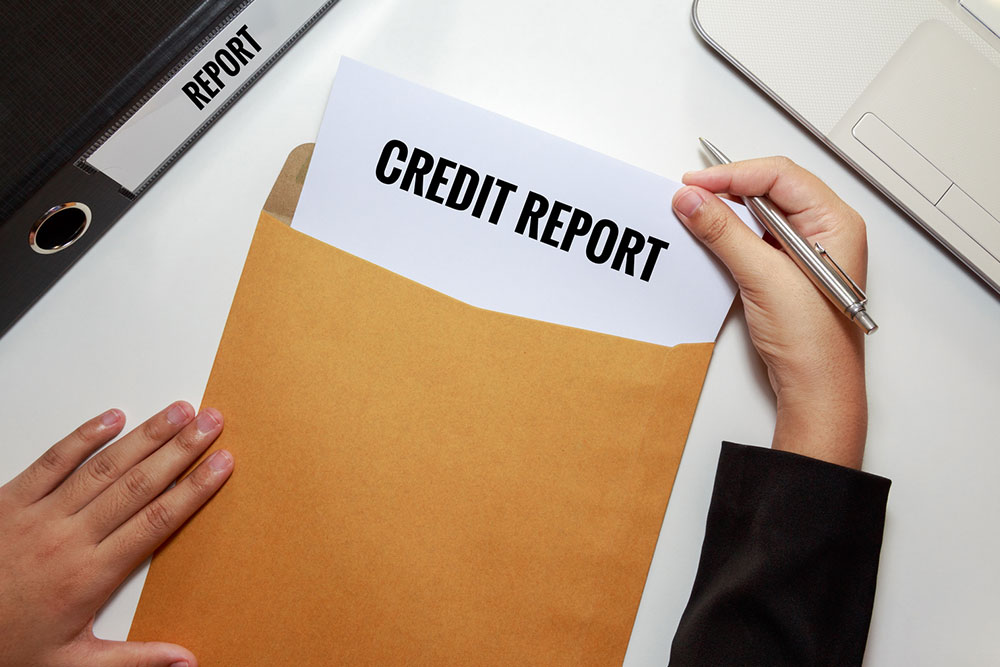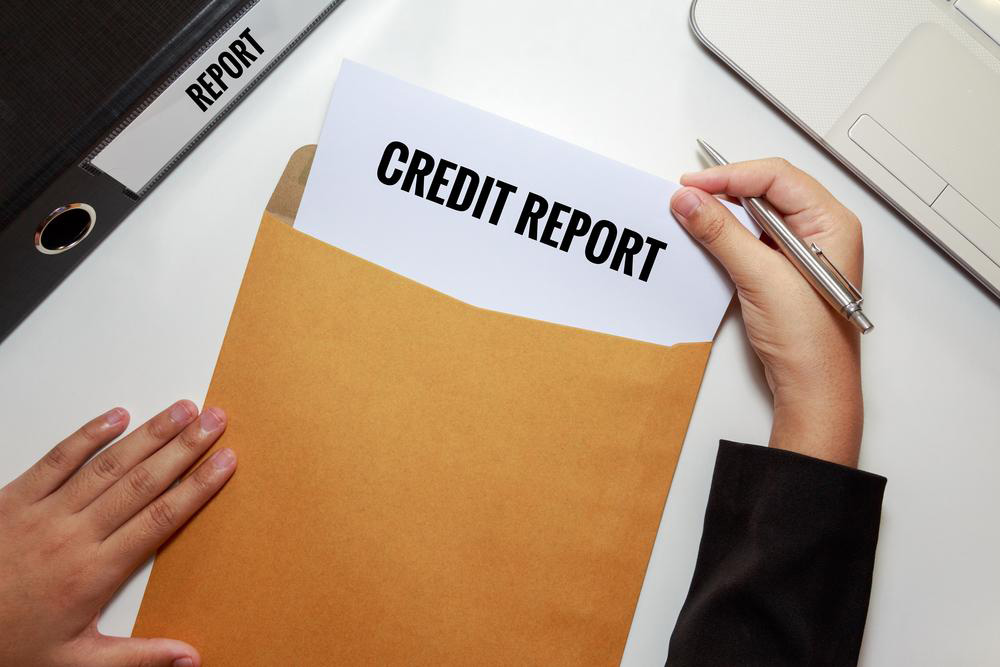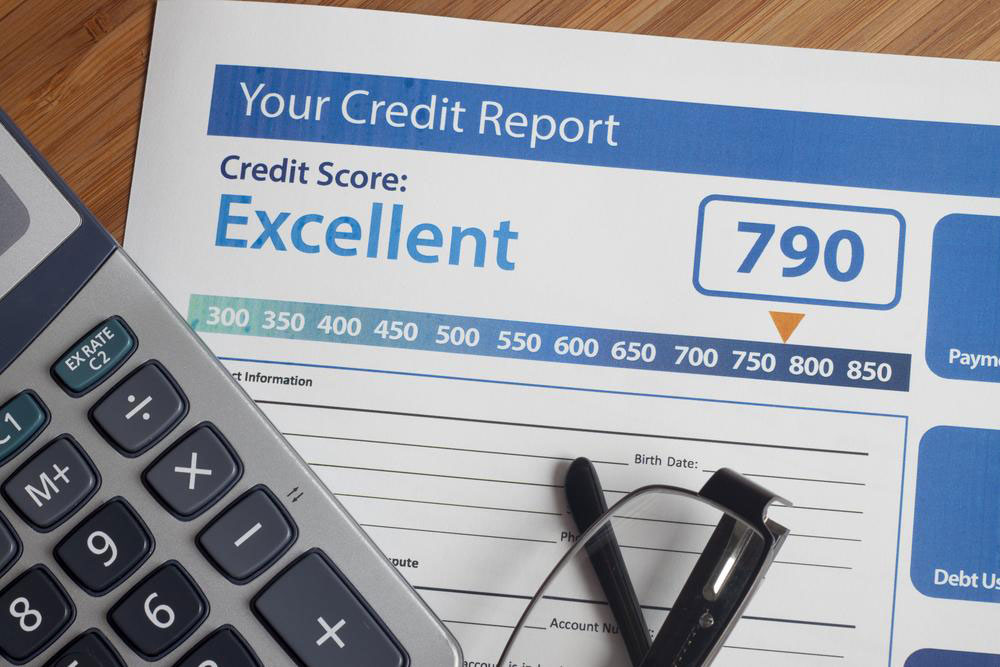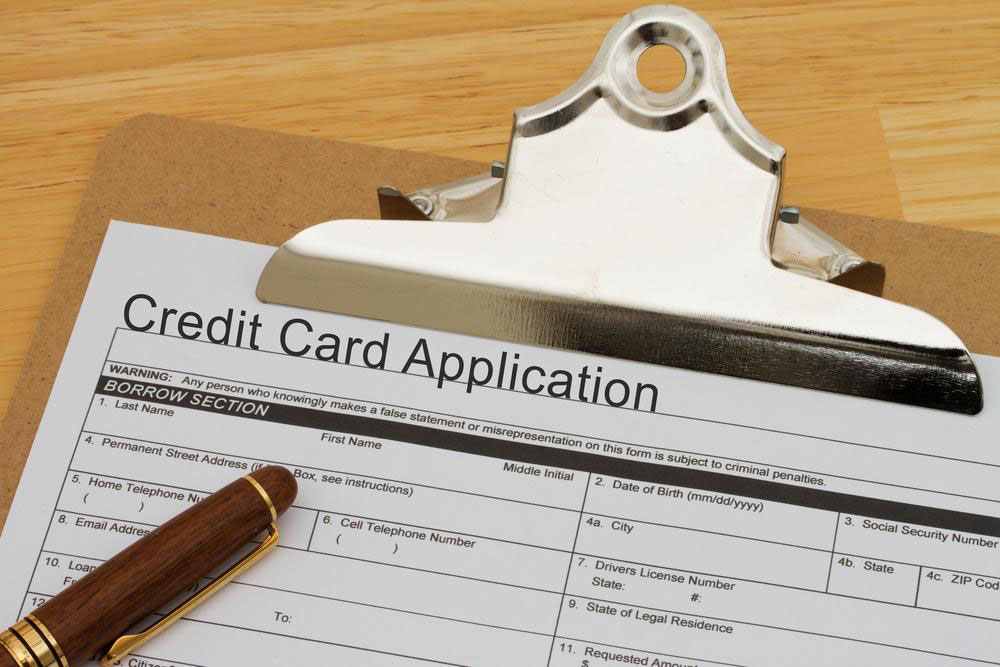Comprehensive Guide to Credit Reports: Essential Knowledge & Impact on Your Financial Future
This detailed guide explores the importance of understanding credit reports, highlighting their key components, impact on loan approvals, and how regular review can safeguard your financial future. Learn how to access free reports, correct errors, and improve your credit health for better financial opportunities.

Comprehensive Guide to Credit Reports: Essential Knowledge & Impact on Your Financial Future
Achieving personal financial milestones such as landing your dream job, buying a home, or funding unforgettable travel experiences often hinges on your financial stability and creditworthiness. Central to understanding and maintaining this stability is your credit report — a detailed record of your borrowing history and financial behavior. Despite its critical role, many individuals are either unaware of how to access their credit reports or misinterpret the information contained within them. Regularly reviewing and understanding your credit report is crucial to ensuring your financial health, protecting against identity theft, and improving your credit profile for better loan terms and opportunities.
Credit reports serve as a comprehensive account of your borrowing and repayment activities, compiled by major credit bureaus such as Equifax, Experian, and TransUnion. These reports provide valuable insights into your financial behavior, which lenders, insurers, employers, and other entities use to make informed decisions. Understanding the detailed components of your credit report can empower you to manage your credit better, correct inaccuracies, and enhance your overall financial standing.
Key Sections of a Credit Report
Recent Credit Inquiries – This section details all recent checks on your credit profile, who conducted these checks, and when they occurred. Hard inquiries, which happen when applying for a loan or credit card, can temporarily affect your credit score.
Personal Information – Your name, date of birth, current and previous addresses, phone numbers, social security number, employment details, and other identity verification information.
Credit Accounts and History – Detailed records for each credit account you've held, including credit cards, loans, mortgages, auto loans, along with balances, payment histories, open and close dates, and credit limits.
Some credit reports may also include public records such as court judgments, tax liens, or bankruptcies, although many agencies now exclude this data due to privacy concerns. It's essential to distinguish between a credit report and a credit score; the latter is a numerical representation (typically ranging from 300 to 850) of your creditworthiness derived from the report data. Your credit report provides the underlying details that determine your credit score, making it critical to monitor both regularly.
Why Maintaining Accurate Credit Reports Matters
A precise and current credit report influences key aspects of your financial life. A good credit report can lead to lower interest rates, better loan approvals, and increased chances of securing favorable insurance premiums. Conversely, errors, outdated information, or fraudulent activities can severely harm your credit score and overall financial reputation. Regular review of your report helps you spot inaccuracies early, dispute any erroneous entries, and identify signs of identity theft or fraud before they cause lasting damage.
Risks of Poor Credit Reports
Limited Employment Opportunities – Many employers conduct credit checks as part of background screening, especially for roles involving financial responsibilities, security, or trust-sensitive positions. A negative report can hinder your chances of being hired.
Higher Loan and Credit Card Interest Rates – Lenders analyze your credit history to decide whether to approve your application and at what interest rate. A poor report often results in higher borrowing costs.
Increased Insurance Premiums – Insurers assess credit reports to estimate risk, with poor credit scores possibly raising your insurance costs for auto, home, or other policies.
The impact extends further to rental agreements, utility setups, and even certain job opportunities. To maintain optimal financial health, it’s recommended that you review your credit report at least once a year. Several reputable sources offer free access to your credit reports without requiring credit card information, making it easy to stay informed.
AnnualCreditReport.com – The official government site that allows you to access free credit reports from TransUnion, Experian, and Equifax once every 12 months. Your report is provided as a downloadable PDF, though it does not include your credit score.
Credit Sesame – A service partnered with TransUnion offering free monthly updates on your credit status upon creating a free account. It also provides your TransUnion credit score and actionable insights for improvement.
Credit Karma – Provides free access to reports from TransUnion and Equifax, along with monitoring tools, personalized loan and credit card offers, and score simulators to help you understand potential impacts of financial decisions.
CreditWise – A free tool from Capital One that offers TransUnion-based reports and scores, with real-time alerts on significant changes and recommendations to boost your credit health.
Bankrate – Offers free access to detailed TransUnion reports, presenting a chronological view of your credit activity along with free score analysis to guide your financial planning.
This comprehensive understanding of credit reports can transform your approach to managing credit, avoiding pitfalls, and unlocking new financial opportunities. Regular monitoring, dispute resolution, and understanding the implications of your report are essential practices for building a healthier financial future.




